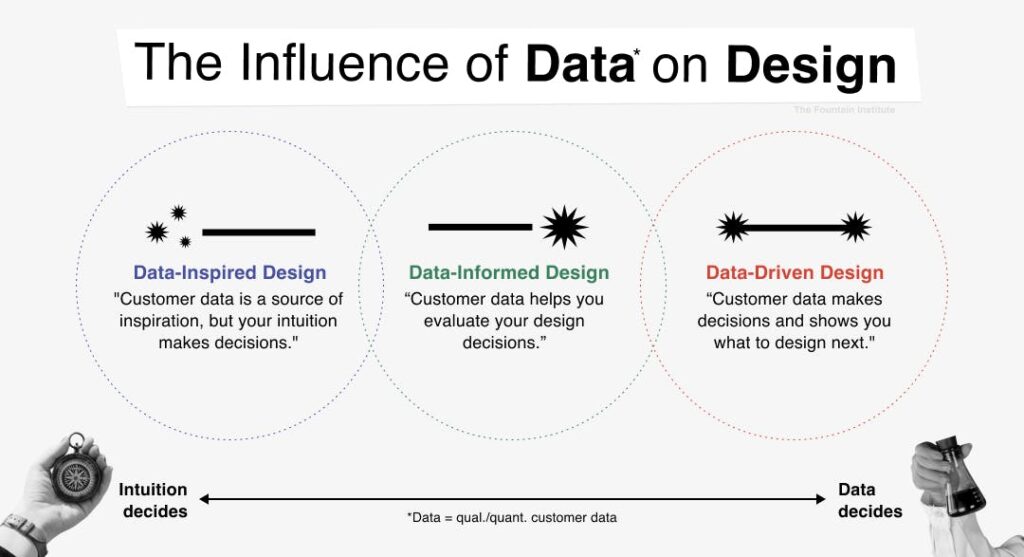I was talking to a friend and game designer about the future and our wishes. Sometimes I would like to dedicate to projects of a different nature than mobile f2p. Sometimes I would also appreciate to have different kinds of responsibilities.
Companies see my profile and normally contact me for:
- virtual economies
- tutorials and first time user experiences
- game design documents for free-to-play mobile games
- creative direction
I would love to be able to dedicate a couple of years to an action RPG for PC and Consoles at some point. Maybe I can be very useful in the level design of a moment-to-moment adventure games of the caliber of The Last of Us. I am absolutely convinced of it, even if companies of this type when my resume arrives they discard it in a few minutes.
“You should then start as a junior designer in a new reality if you want to do this. Difficult to be a senior designer there.“, my friend pointed out.
I disagree with this. For me, seniority does not depend on concrete experience in a specific type of game.
What it takes to be a good game designer
Raph Koster says that a designer must express quality in three fundamental fields: artistic, technical and editorial.
The artistic side is essential to have that sensitivity to observe what players are looking for in a certain type of game and offer them an experience that in terms of aesthetics and challenge makes sense. The game designer is a bit of an artist: is the game imitating real life, or do you want to create a game that influences real life in some way?
The ability to write is also very important, especially being concise. I believe that the best designers use the formula 60-30-10 when presenting their ideas: 60% images, 30% text and 10% multimedia references. 30% text therefore needs to hit the spot and inspire. For that you need experience and editorial skills. I’m not even an English native speaker, so I have to constantly update myself on this point.
Finally, there are the technical skills. Using a game engine, knowing how to use spreadsheets and other skills that vary depending on the designer. Personally I am proficient with Unity and Python and I create scripts that often make things easier for me and the team. Others are very good at photoshop and can also create basic concept art. Some level designers come from architecture and therefore are quite more comfortable creating structures that make sense. All technical skills can be learned, however. In fact, in 3-6 months at the most, it is possible to enter a new world and acquire what we need to be fully operational.
What is seniority to me
Senior game designers are people capable of understanding the context in which they move, constructively stimulating dialogues and setting up processes according to the project they are in. They are very aware of the gaming business, too.
While I’ve contributed to various virtual economies, that doesn’t mean an AAA game designer isn’t capable of studying competitors and preparing mathematical models and spreadsheets. These are things that can be easily learned. The design process has stages that are independent of the platform, genre and type of audience. It is a question of understanding which problems must be solved, analyzing how other realities have faced the same problems and defining solutions according to a certain context (team, budget, scope, time and quality).
Seniority is primarily dependent on age, in my humble opinion. When I read “senior game designer” and I see an age under 25 I already start to have suspicions. Being senior also gives you the self-confidence necessary to defend designs with superiors. Except in special cases, if you are 22 it is difficult to overcome certain filters set by the experience of 40+ years old leaders.
Age, previous experience and context make the seniority, for me. Having faced the same kind of problems in the past certainly accelerates, but it doesn’t make the difference between junior and senior. You can be slower at start but way more effective on the long term.
